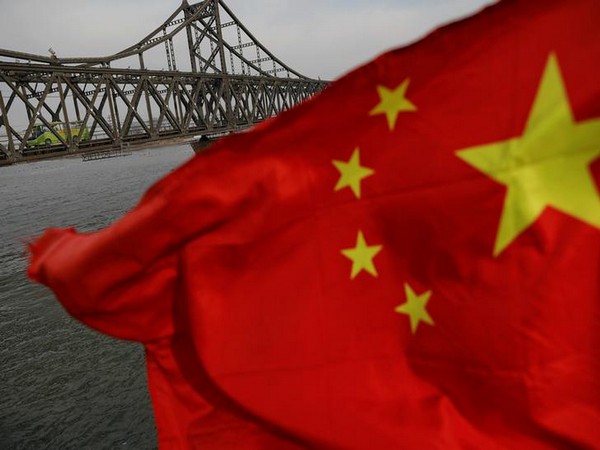Inside China’s Expansive Espionage Web: Strategies, Targets, and Global Repercussions
China's extensive espionage operations are unmatched globally, involving military, government, and private entities. MOreover sundry motus operandi aim to infiltrate organizations and influence policies in target nations. Such activities raise serious concerns regarding economic and national security, highlighting the urgent need for a robust, multi-faceted deterrence strategy.

- Country:
- We have
Espionage is a fundamental part of how nations operate, collecting information and parrying foreign influence. China arguably runs one of the world's largest intelligence operations, utilizing paid employees, proxy organizations like the United Front Work Department (UFWD), and even civilians to collect data. While Western countries focused on combating Islamic terrorism post-9/11, they were slow to address China's espionage efforts, which include shaping political trends, gathering critical industrial information, and monitoring diaspora populations.
When accused of misconduct, China typically decries accusations as 'malicious slander.' However, the FBI notes the Chinese government poses a 'grave threat' to the United States' economic and democratic values. The FBI emphasizes a whole-of-society approach to counter Chinese efforts targeting businesses, academic institutions, lawmakers, and the public.
The Center for Strategic and International Studies (CSIS) recorded 224 Chinese espionage cases from 2000 to 2023, excluding over 1,200 intellectual property theft incidents. After Xi Jinping took office, repurposing intelligence operations became a priority, significantly affecting the American economy and national security. The CSIS survey underscores the extensive impact of Chinese espionage, including risks to military and technological advancements.
Taiwan has been notably targeted by Chinese spies, leading to recent convictions of military officers involved in espionage. Recruited with business incentives and other perks, they leaked vital intelligence, compromising Taiwan's security and straining US-Taiwan relations.
New Zealand, part of the Five Eyes alliance, has also started to more vocally criticize China. The NZSIS highlighted how China's intelligence service uses professional networks to groom unsuspecting individuals into providing sensitive information. The report warns of long-term influence building and foreign interference through deceptive means.
China's Ministry of State Security (MSS) leads its extensive espionage network, employing diverse agencies for intelligence and counterintelligence operations. The MSS still relies heavily on auxiliary organizations like the UFWD to gather intelligence, with undergraduates abroad being a significant focus. The arrest of New York aide Linda Sun emphasized China's US spying activities, illustrating a broader threat landscape.
China, however, claims to be a victim, alleging Taiwanese espionage within its borders and cracking down on supposed spies. Incidents with Western countries, like the Canadian diplomats' detentions, underscore the geopolitical tensions and human rights concerns intertwined with China's espionage activities. Despite China's denials, the scale and reach of its spy network continue to grow.
(With inputs from agencies.)










